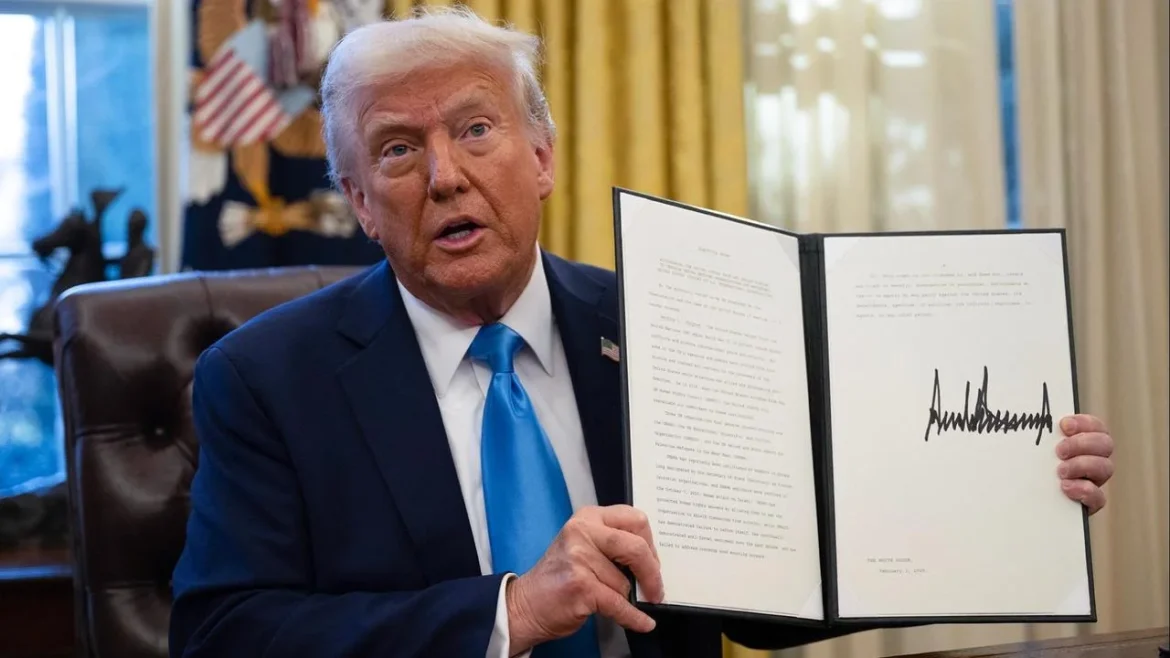Reports suggest that the enforcement of the Foreign Corrupt Practices Act (FCPA) may undergo changes under the Trump administration.
While President Donald Trump does not have the authority to unilaterally repeal the FCPA, legal experts note that the administration could influence how federal agencies interpret and enforce the law.
The FCPA, enacted in 1977, prohibits U.S. companies and their representatives from bribing foreign officials to secure or retain business.
The Trump administration has expressed criticism of the FCPA, with President Trump raising concerns that it places U.S. companies at a competitive disadvantage on the global stage.
Critics argue that the law imposes burdens on businesses, particularly when competing with foreign companies that may not be subject to similar anti-bribery regulations.
Reports suggest that the Trump administration is considering changes in how the law is enforced, with a focus on revisiting enforcement priorities rather than altering the law itself.
The administration’s stance could lead to shifts in how U.S. agencies—such as the Department of Justice (DOJ) and the Securities and Exchange Commission (SEC)—pursue FCPA cases.
Modifications in enforcement guidelines could influence the frequency of investigations and the severity of penalties, potentially reducing the pressure on U.S. companies operating abroad.

